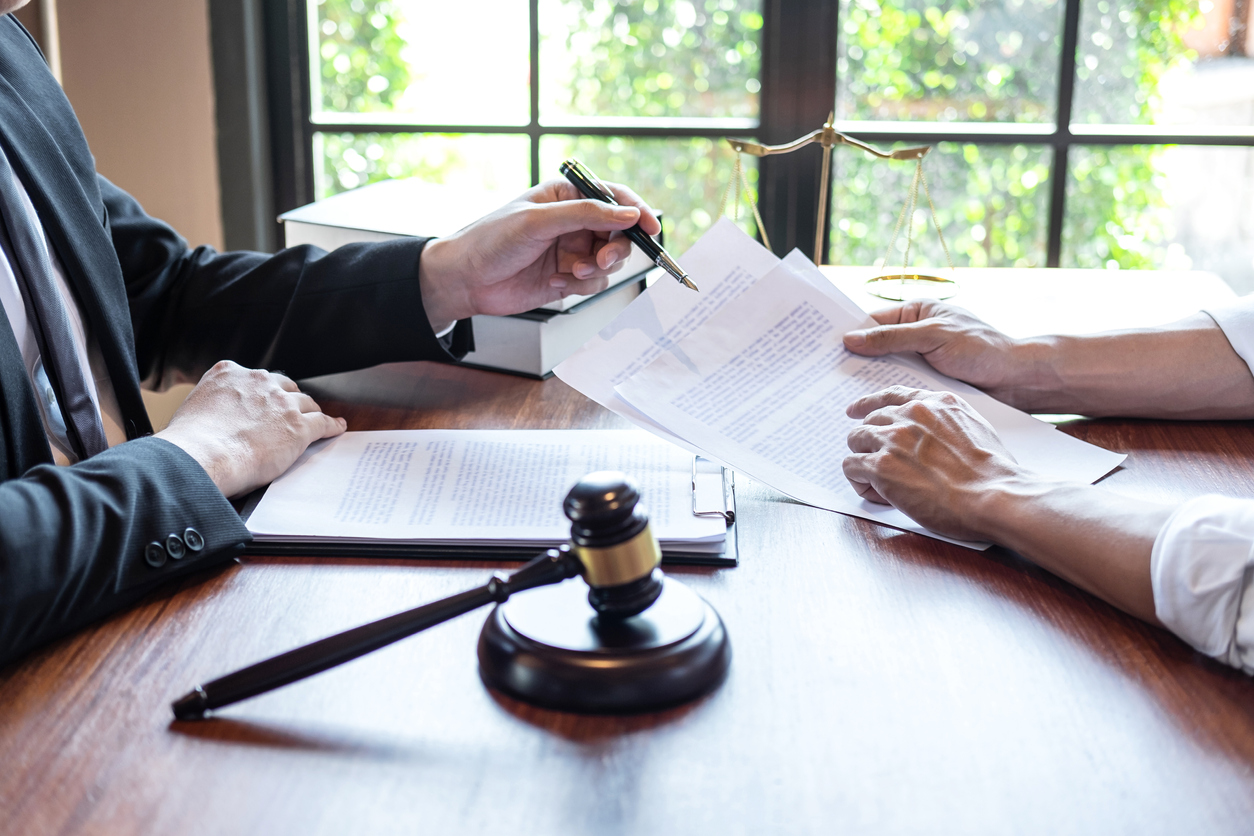
The relationship between a client and their lawyer is built on trust and confidentiality. It is important to understand the concept of lawyer-client privilege, which is a legal principle that protects the confidentiality of communications between a client and their lawyer.
What is Lawyer-Client Privilege?
Lawyer-client privilege is a legal principle that protects the confidentiality of communications between a client and their lawyer. This means that any communication between a client and their lawyer is protected from disclosure to third parties, including courts, government agencies, and other individuals.
The purpose of lawyer-client privilege is to encourage open and honest communication between clients and their lawyers. It allows clients to share information with their lawyers without fear of that information being used against them in legal proceedings.
Who is Covered by Lawyer-Client Privilege?
Lawyer-client privilege applies to anyone who seeks legal advice from a lawyer. This includes individuals, businesses, and organizations.
The privilege also applies to communications made by the lawyer on behalf of the client. For example, if a lawyer sends a letter on behalf of their client, the contents of that letter are protected by lawyer-client privilege.
What Communications are Covered by Lawyer-Client Privilege?
Lawyer-client privilege covers any communication between a client and their lawyer that is made for the purpose of seeking legal advice.
This includes conversations, emails, letters, and other forms of communication. It also includes any documents or materials shared between the client and their lawyer, such as contracts, agreements, and other legal documents.
When Does Lawyer-Client Privilege Apply?
Lawyer-client privilege applies at all times during the lawyer-client relationship. This means that any communication between a client and their lawyer is protected, regardless of whether legal proceedings are pending or not.
However, there are a few exceptions to the privilege. For example, if a client communicates with their lawyer with the intention of committing a crime or fraud, the privilege may not apply.
How Long Does Lawyer-Client Privilege Last?
Lawyer-client privilege lasts indefinitely, even after the lawyer-client relationship has ended. This means that any communication between a client and their lawyer is protected, even after the client's death.
Can Lawyer-Client Privilege Be Waived?
Lawyer-client privilege can be waived by the client. This means that the client can choose to disclose the contents of their communication with their lawyer to third parties.
However, once the privilege has been waived, it cannot be restored. This means that if a client discloses the contents of their communication with their lawyer to a third party, they cannot later claim that the communication is protected by lawyer-client privilege.
What Happens if Lawyer-Client Privilege is Breached?
If lawyer-client privilege is breached, the consequences can be severe. The breach of privilege can lead to legal, ethical, and professional consequences for the lawyer.
In some cases, the breach of privilege can also lead to legal consequences for the client. For example, if a client discloses confidential information to their lawyer with the intention of committing a crime or fraud, the lawyer may be required to report the information to the authorities.
Conclusion
Understanding lawyer-client privilege is essential for anyone seeking legal advice. It is important to know that any communication between a client and their lawyer is protected by privilege, and that the privilege can only be waived by the client.
If you have any questions about lawyer-client privilege, it is important to speak with a qualified attorney who can provide you with the guidance and advice you need.
